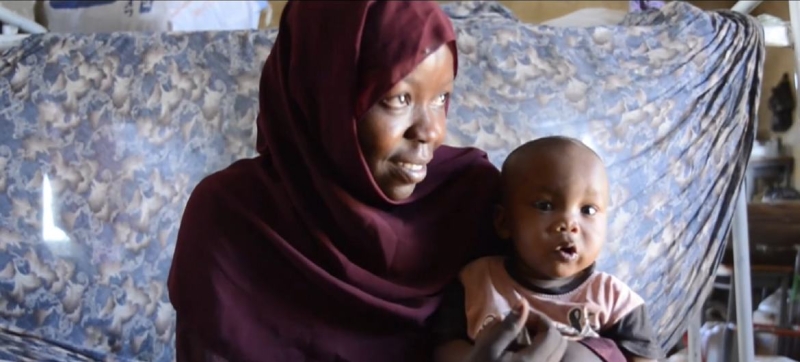
Refugees from Sudan. In 2023, more than 96 thousand refugees moved under the UNHCR resettlement program, with millions more waiting their turn Refugees and migrants
More than 2.9 million refugees worldwide will need support through resettlement programs in 2025, the UN Refugee Agency (UNHCR) said in a report released today. The number of such refugees is estimated to increase by 20 percent compared to 2024, driven primarily by conflict and climate change.
For the ninth year in a row, Syrians will be the largest group participating in UNHCR’s resettlement programme, with nearly a million refugees (933,000 people) expected to need support in finding new places to live. Next come refugees from Afghanistan (558,000 people), South Sudan (242,000 people), Myanmar (226,000 people), Sudan (172,000 people) and the Democratic Republic of the Congo (158,000 people).
Resettlement needs have also increased sharply in Latin America due to unprecedented levels of population displacement in the region.
UNHCR notes that the increase in resettlement needs comes at a time of difficult economic conditions in world, which leads to rising costs of living and reduced humanitarian assistance. Rising xenophobia and discrimination also put refugees at increased risk of deportation, violence, exploitation and other human rights abuses.
“Resettlement programs are a life-saving intervention for at-risk refugees,” said Ruvendrini Menikdivela, Assistant UN High Commissioner for Refugees.
“In a context where mixed movements of refugees and migrants are becoming increasingly common, refugee resettlement and additional pathways provide a safer alternative for refugees who would otherwise be forced to choose dangerous, unregulated movements facilitated by smugglers,” she added.
Read also:
The number of refugees in the world has reached 114 million
Under the managed resettlement program, refugees are sent to a country that has chosen to accept accept them and provide them with permanent residence.
In 2023, 96,311 refugees were resettled with the support of UNHCR. This is 65 percent more than a year earlier and close to the 100,000 target set in UNHCR’s Roadmap to 2030.
However, UNHCR emphasizes that this is less than 5 percent of refugees who needed resettlement in 2023. The United States, Canada, Germany and Australia have received the most refugees through resettlement programs.
UNHCR calls on states to redouble their efforts to receive refugees. The Office, in particular, says that the number of countries accepting migrants should increase and that resettlement programs should be predictable and flexible.
UNHCR, in turn, Building on the Global Compact on Refugees, will continue to work to find safe solutions for the resettlement of people in need of international protection.
